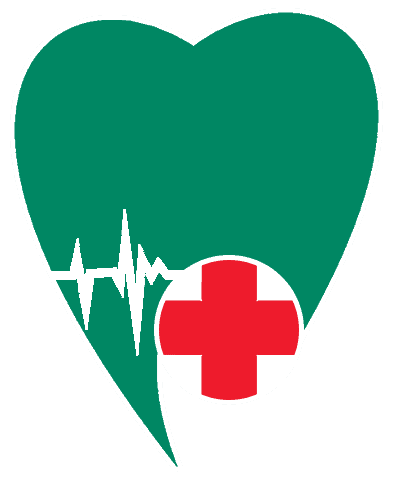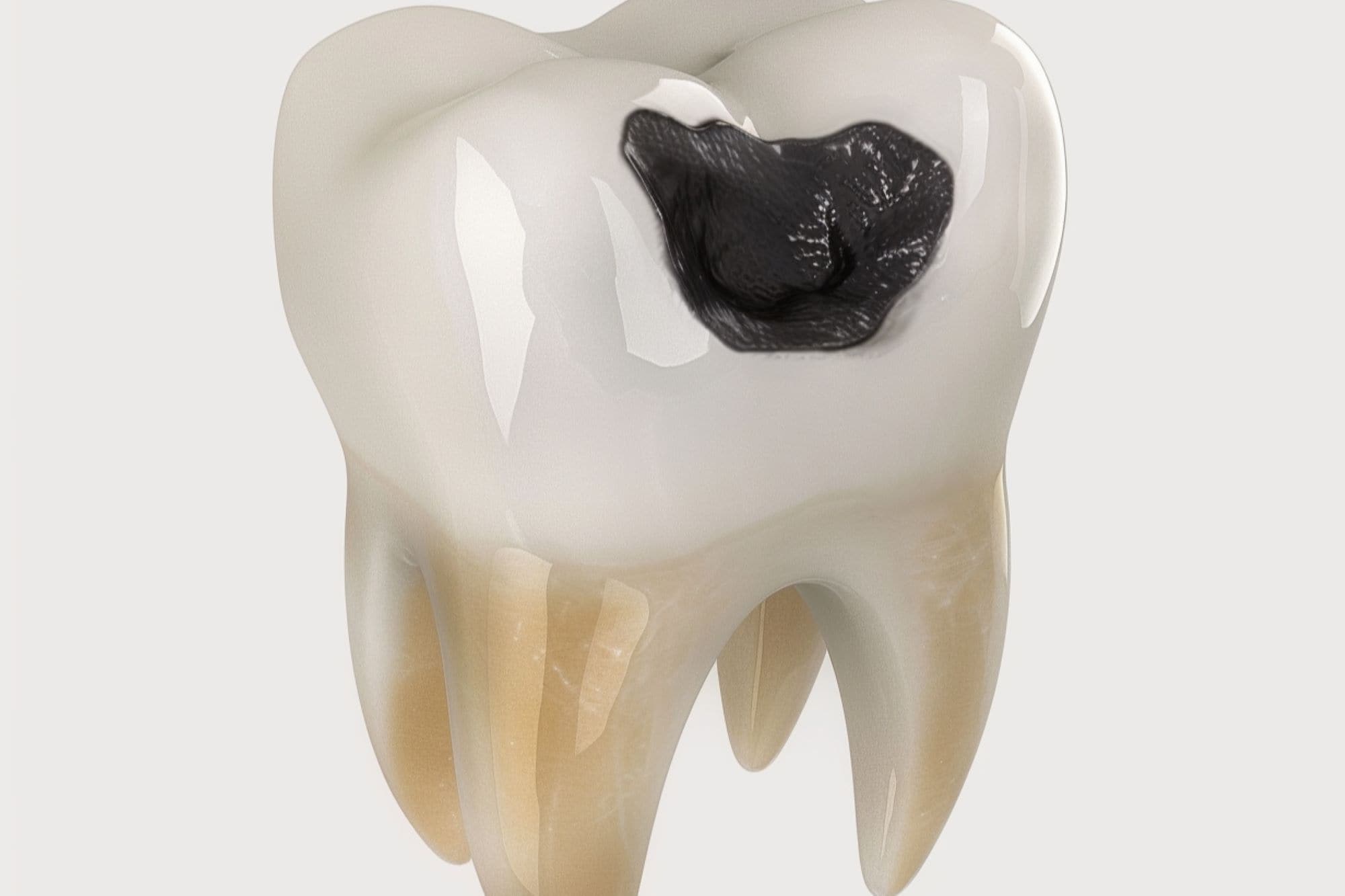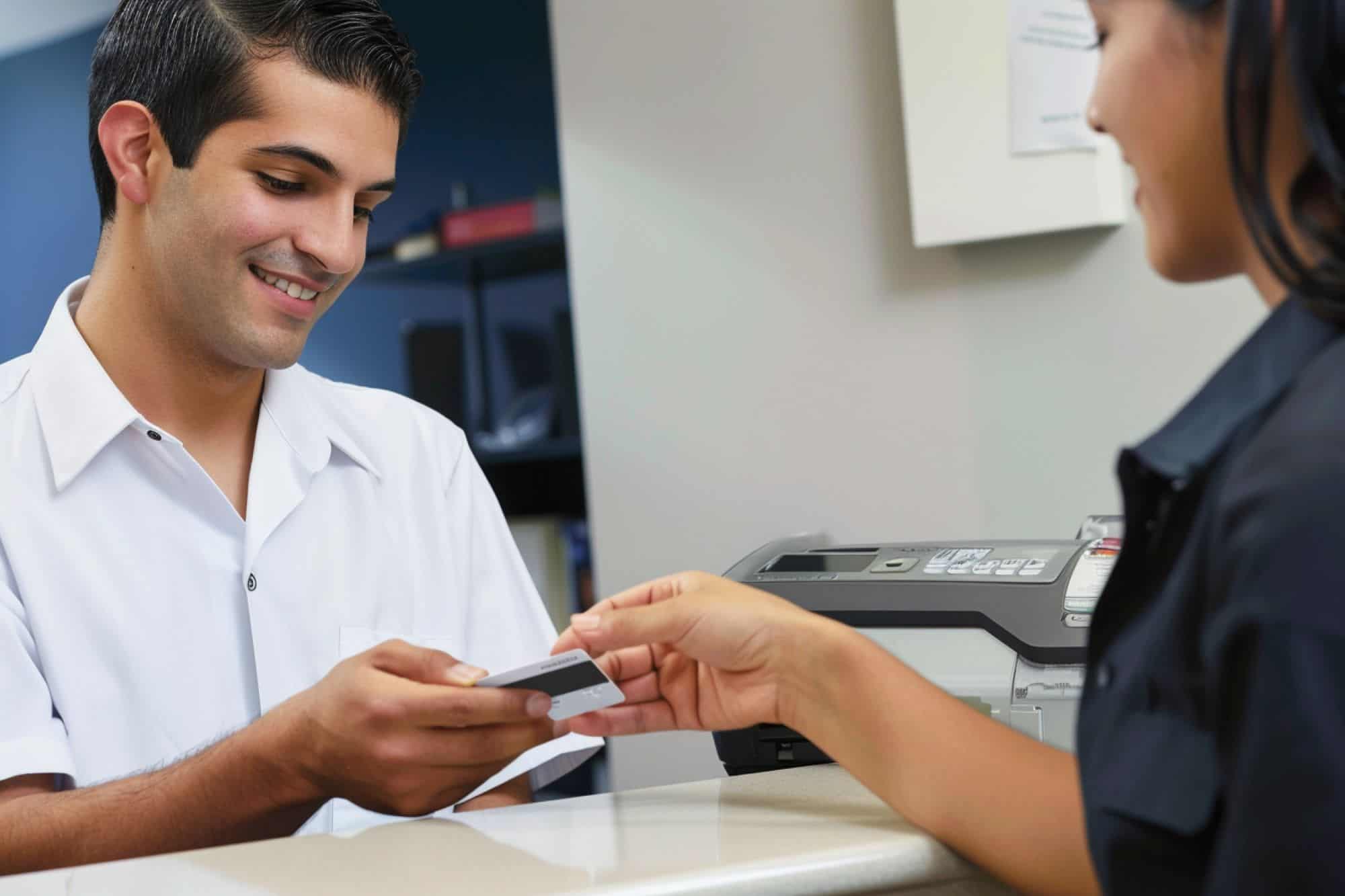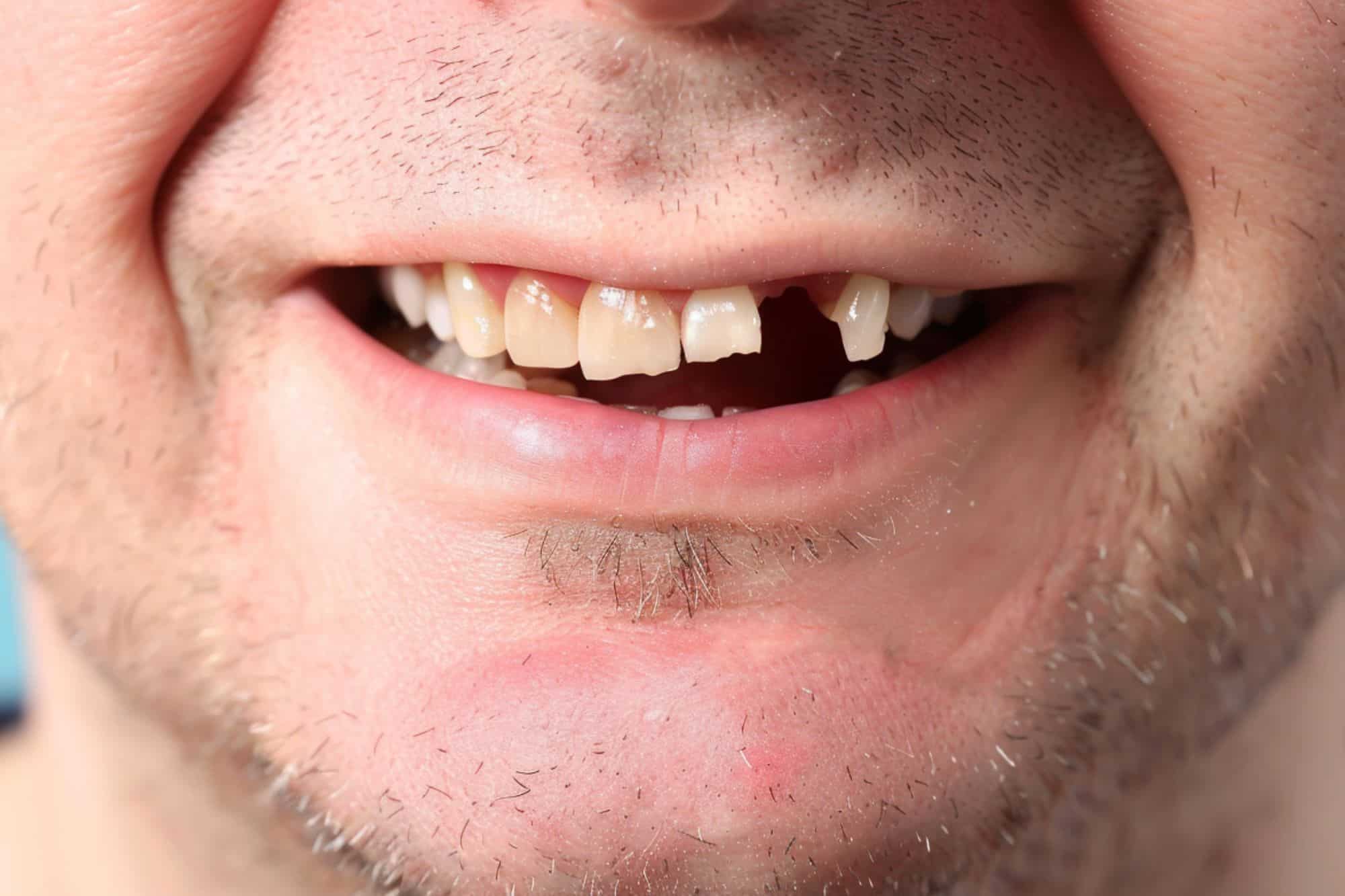Recognizing when to seek immediate dental care can save your teeth and prevent further health complications. This guide will help you understand the signs of dental emergencies and what actions to take to protect your oral health.
Recognizing Dental Emergencies
When sudden dental issues arise, knowing whether they warrant a call to an emergency dentist is crucial. A dental emergency involves situations where immediate medical attention is needed to alleviate severe pain, save a tooth, or prevent a condition from worsening.
Dental emergencies can significantly impact not only your oral health but your overall well-being. Ignoring these symptoms can lead to permanent damage or more extensive medical procedures later on. If you experience any of these, it’s time to call your emergency dentist in Winston-Salem right away.
Common Scenarios Requiring Emergency Dental Care
Several dental issues demand immediate attention from an emergency dentist. Understanding these can help you react swiftly and appropriately:
Severe Toothache
If your toothache is so intense that you can’t focus on daily activities, it’s time to seek emergency care. A severe toothache can signal an infection or an abscess that might require immediate intervention to prevent the spread of infection.
Knocked-Out Tooth
If a tooth is knocked out, time is of the essence. Try to place the tooth back in the socket if possible, or keep it moist in milk or saliva and head to the dentist immediately. A quick response can potentially save the tooth.
Dental Abscesses and Infections
Signs of an abscess include a foul taste in the mouth, fever, persistent pain, and swelling or redness in the gums. Immediate treatment is crucial to prevent the infection from spreading to other areas of the body.
Fractured or Broken Teeth
If you fracture or break a tooth, rinse your mouth with warm water and apply a cold compress to reduce swelling. Avoid using the damaged tooth to chew and see a dentist right away to assess the extent of the injury and necessary treatments.
Each of these scenarios is a valid reason to seek emergency dental care to avoid complications or further damage. Your emergency dentist in Winston-Salem, is equipped to handle these situations and provide the necessary treatments swiftly.
Immediate Steps to Take in a Dental Emergency
When a dental emergency occurs, knowing the right steps to take before you reach the dentist can make a significant difference in the outcome. Here’s what you can do immediately:
For Severe Toothache
Rinse your mouth with warm salt water to clean it and reduce swelling. Avoid applying any painkillers directly to the gums as this can burn the gum tissue.
For a Knocked-Out Tooth
Handle the tooth by the crown, not the root. Rinse it gently if it’s dirty, but do not scrub. Try to reinsert it into the socket if possible. If not, keep the tooth moist in milk, or place it in your mouth next to your cheek.
For Dental Abscesses and Infections
Do not attempt to drain the abscess by squeezing or poking; this can spread the infection. Keep your head elevated, even while sleeping, to help reduce swelling.
For Fractured or Broken Teeth
Collect any pieces of the tooth you can find. Rinse your mouth and the pieces with warm water. If there’s bleeding, apply a piece of gauze to the area for about 10 minutes or until the bleeding stops.
NOTE
Taking immediate action can help manage your symptoms temporarily and may improve your dentist’s ability to successfully treat your emergency.
How to Find an Emergency Dentist
Finding an emergency dentist quickly can be crucial when facing a dental crisis. Here are some tips to help you locate one efficiently:
Check Online: Use your smartphone or computer to search for “emergency dentist near me” or “emergency dental care in Winston-Salem, NC.” This should provide a list of available dentists who offer emergency services.
Dental Insurance Network: If you have dental insurance, check your provider’s website or call their hotline to find approved emergency dentists in your area. This ensures the services are covered under your plan.
Local Dental Schools: Dental schools often provide emergency services at a reduced cost. If there’s one nearby, it can be a good option for urgent dental care.
Ask for Recommendations: Reach out to friends or family members who might know a reliable emergency dentist. Word of mouth can often lead to trusted professionals.
By keeping this information handy, you can save valuable time when a dental emergency occurs.
Preventing Dental Emergencies
While it’s essential to know how to respond in a dental emergency, it’s equally important to take steps to prevent them. Here’s how you can reduce the likelihood of experiencing a dental emergency.
…you can reduce the likelihood of experiencing a dental emergency.
Maintain Good Oral Hygiene: Brush twice a day, floss daily, and use mouthwash to keep your teeth and gums healthy.
Regular Dental Checkups: Visit your dentist at least twice a year for cleanings and checkups. These visits can catch potential problems before they turn into emergencies.
Wear Protective Gear: If you play sports, wearing a mouthguard can protect your teeth from injuries caused by impacts.
Avoid Hard Foods: Be cautious with hard candy, popcorn kernels, and ice, as these can crack or chip your teeth.
Taking proactive steps to care for your teeth can significantly decrease the risk of sudden dental emergencies.
Frequently Asked Questions
What to do if I can’t reach my dentist during an emergency?
If you can’t reach your dentist, visit the nearest emergency room or urgent care center, especially if the situation involves severe pain or bleeding.
How do I know if my dental issue is an emergency?
If you experience severe pain, bleeding, loose or knocked-out teeth, or signs of infection like swelling and fever, seek emergency dental care immediately.
Can a lost filling wait until my next appointment?
If a filling falls out, try to see a dentist as soon as possible, especially if there is pain. Temporary dental cement can be used in the interim.
What are the signs of infection to watch for after a dental injury?
Look for increased swelling, pus, a foul taste, fever, or worsening pain, which are all signs of infection.
Conclusion
Understanding when and how to seek emergency dental care in Winston-Salem can save your teeth and prevent further complications. Remember, quick action is crucial, and knowing these steps ensures you’re prepared for dental emergencies.




